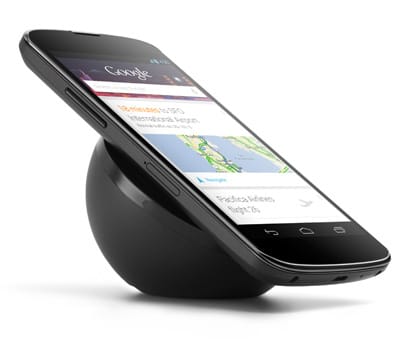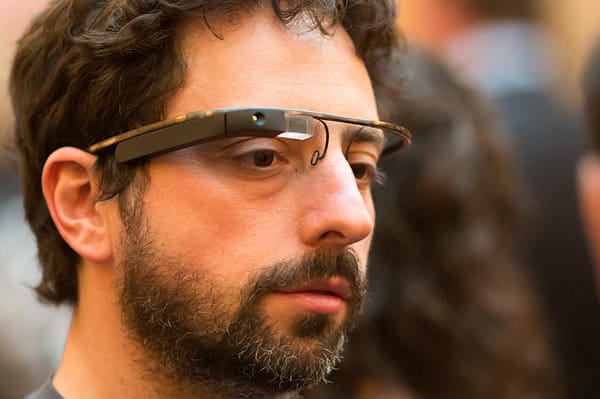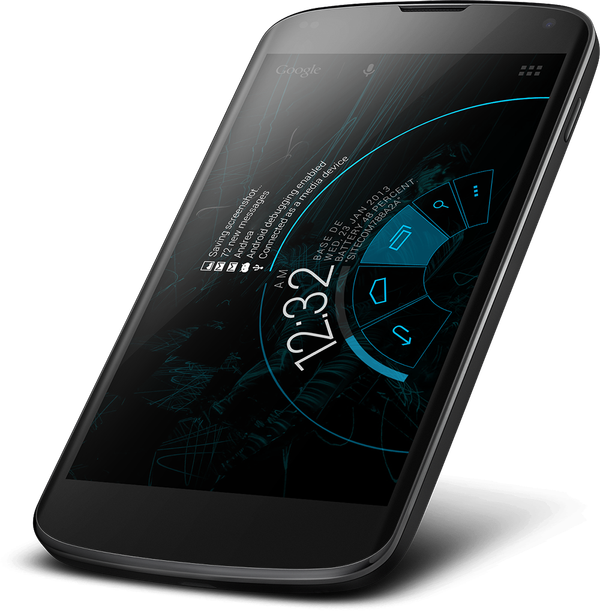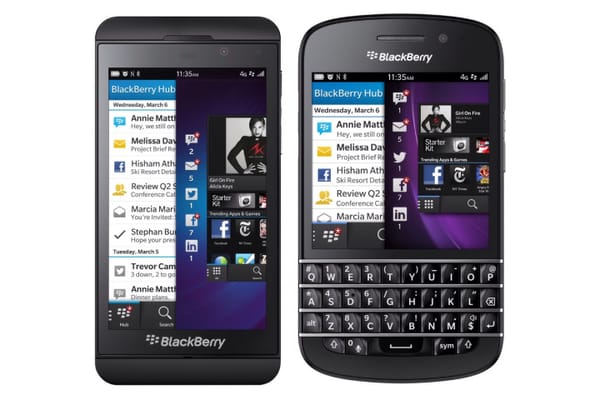Charging your Phone... Wirelessly
Will the lack of Wires (or lack thereof) ever conspire to be desired?

Qi. This sounds like some sort of Chinese “life energy” philosophy, but that’s not what we are talking about here. Pronounced “chee”, Qi is a wireless inductive power standard that is increasingly being adopted by handset manufacturers such as Nokia and LG for inclusion into their handsets. For phones that do not support the wireless charging standards, there are cases designed to envelope the devices and provide wireless charging capabilities. But is wireless charging even necessary, or is it just a solution to no one’s problem?
Wireless charging works in a similar way to induction cooking. A changing magnetic field induced by the charging mat causes a potential difference, or a voltage difference, across a conductor inside the phone. By Faraday’s laws, this causes a current to flow inside the conductor, and we’ve got a steady power source for the phone. So, in order to take advantage of this technology, you would need to both have a phone that supports wireless charging, and a wireless charging device.
The wireless charging mats are not cheap. I bought a Maxwell Air Voltage Wireless Charger off Amazon for £43, but the price has now gone up to almost £50 at the time of writing. Google offers a trendy “charging orb” for its Nexus 4 device, retailing for US$59.99 (£40) and not yet on sale in the UK. If the various manufacturers wish to see wireless charging take off, they are not doing themselves a favour by charging such a high price for the charging mat. The upside to this is that these charging mats should work with future devices, if the Qi standards remains dominant. (Caution: if you are looking to buy a wireless charging mat, avoid the ones sold by “Powermat” – they do not conform to any standards, and you will need a separate case for all of your devices.) But how do these wireless charging gizmos perform?
I do not speak authoritatively on this matter, but from my experience with wireless charging on my Nexus 4, I would say that the wireless charging has good performance. In fact, I might say that it performed better than I expected. Charging is almost as quick as using an AC adapter. It is really convenient to just place the phone on the mat and watch it start charging automatically, without my needing to plug in anything. The downside to this is that the phone tends to get a little warm when charging. I notice that if I use the phone while it’s charging, the temperature can get up to 42 degrees, at which point the phone would decide to stop charging (for safety I presume). This leads to the phone and the charging mat getting into what I call the “spasm” mode where the charging indicator would toggle on and off every few seconds. I suppose with more iteration, the hardware would be more efficient, and the heat produced through the charging should reduce. But is this even necessary?
Advocates would say that wireless charging is very convenient, and helps in bringing about a wire-free environment. This is absolutely true, as I have noted in the previous paragraph. However, pardon my cynicism, this also sounds patently like a first world problem. There is also a wire that goes from the AC wall socket to the charging mat, something that you can’t really be rid of. You are just trading one cable for another. There are arguments saying that the mechanical act of plugging in and taking out the charging cable can lead to mechanical failure on the phone, although I have yet to see it really happen to me. Sceptics would call wireless charging a fad. I would call it something cool. While I can see the added convenience of wireless charging, the whole solution doesn’t really bring much more to the table. What we need are batteries that last longer, and components that use less power. Wireless charging does not even address any of these problems. When you add in the cost of buying one of those charging mats, there is simply no added benefit. So until these charging mats become more affordable, there is simply no point in using wireless charging.









